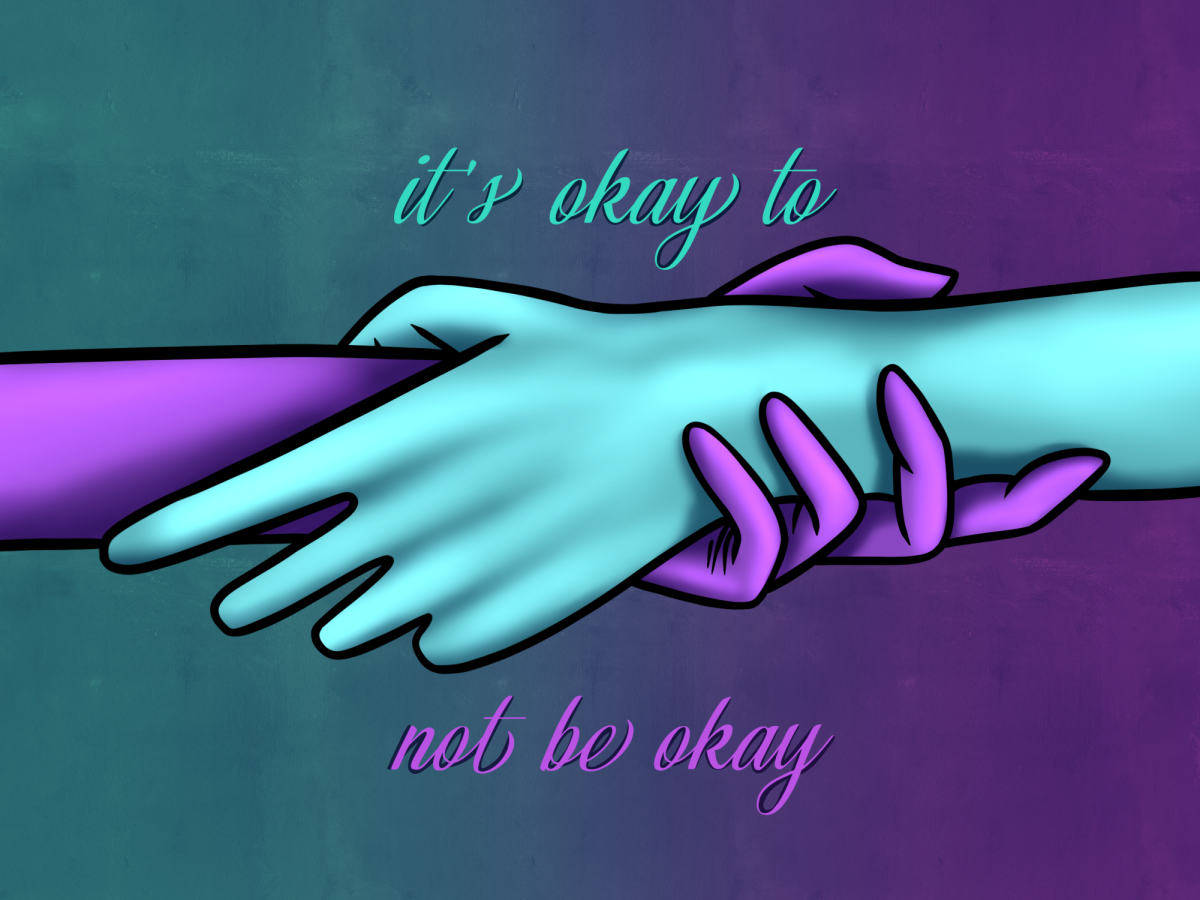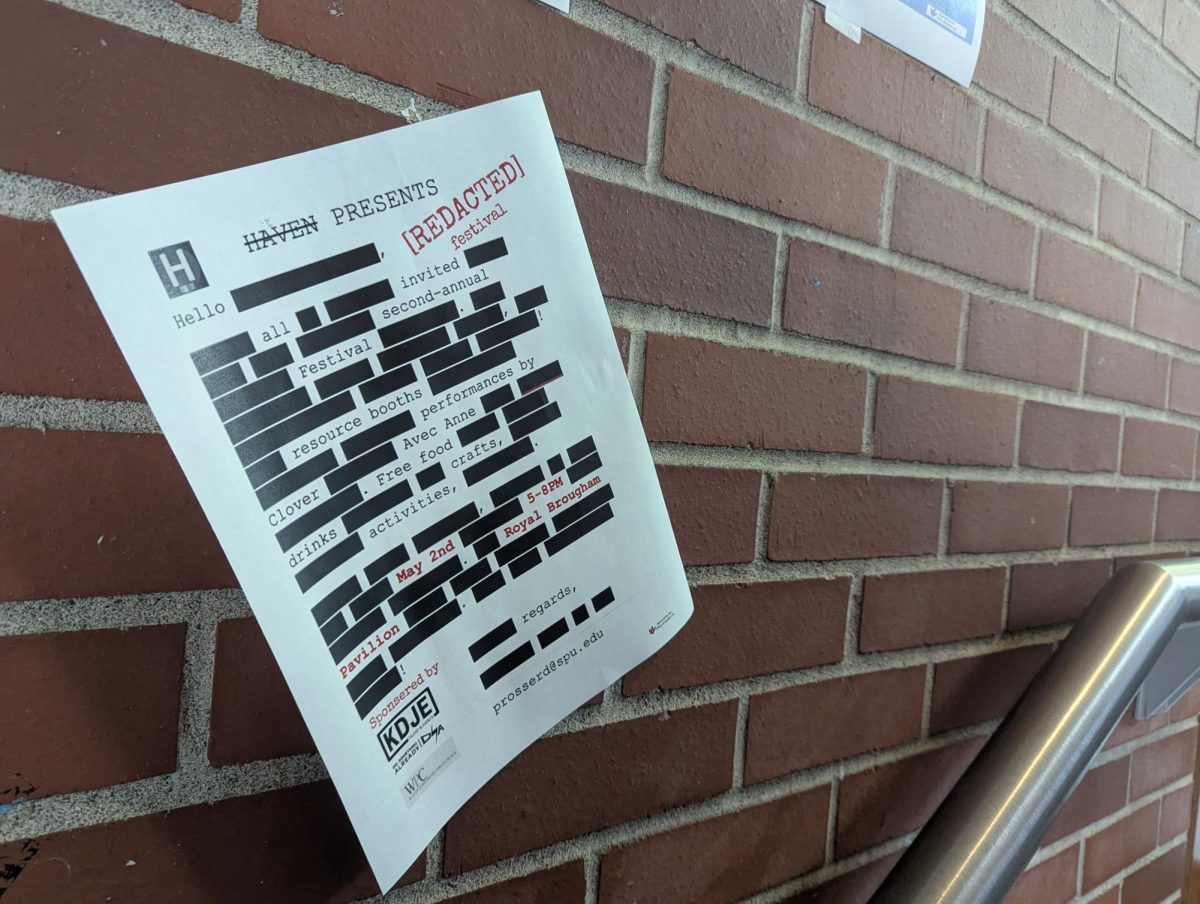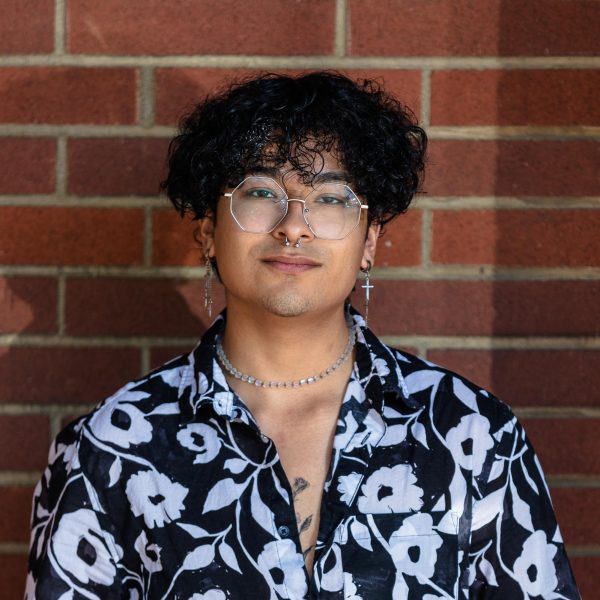Note: This story talks about mental health and suicide. Take care while listening.
NEVAREZ:
For many people, it can be hard to open up about how they’re feeling and what they’re thinking, even when life gets exhausting. However, conversations regarding mental health are becoming increasingly more common, thanks to efforts made by professionals and organizations
One of these organizations is Active Minds, a nonprofit dedicated to supporting mental health awareness and education for young adults. To achieve this, Active Minds partners with hundreds of colleges and universities across the country, including Seattle Pacific.
Esal Shakil, a fourth-year psychology and honors major, is the president of Active Mind’s SPU chapter. Her team works on encouraging students to stop and think about their mental health throughout the school year. She shares examples of what her team has done in the past.
SHAKIL:
So our chapter specifically, we focused on doing self-care activities, with things such as like, we’ll be doing a Bobo run soon, which we believe will help because walking helps improve mental health and [to] de-stress. And then also, it was a great space to talk to a bunch of different people, and then socializing should also be able to help de-stress.
NEVAREZ:
While Active Minds is a great place to reflect on mental health, Shakil emphasizes that the club is not meant as a replacement for professional support.
SHAKIL:
Our goal is just to create a space where people can comfortably talk about it. I think in our first year, maybe some people considered— and this is like a common theme within the national organization to where people consider the club to be like a group therapy type of place. But that’s not our goal. Our goal is just to provide a bunch of resources to start the conversation.
NEVAREZ:
Efforts to destigmatize mental health are popping up all over the country, especially when it comes to conversations surrounding suicide. Most notably, the month of September has been recognized as Suicide Prevention Month since 2008.
Dr. Keyne Law is an Assistant Professor of Clinical Psychology at SPU. Her research involves studying suicidal thoughts and how they can progress into lethal suicidal behavior. Law emphasizes how times of recognition like Suicide Prevention Month help to combat the stigma surrounding suicide.
LAW:
So one of the pieces of suicide awareness and Suicide Prevention Month is actually to destigmatize talking about suicide. So then that way, you don’t have to be with a close friend in order to bring up this topic. The idea being that we should normalize being able to talk about suicide and normalize seeking help when you’re having suicidal thoughts and whatnot.
NEVAREZ:
While these national events can be a great place for conversations to start, Law believes there is room for these conversations to adapt over time. She explains how many people may not realize that the particular way they talk about suicide can actually contribute to that stigma.
LAW:
So language is really important and can have a lot of, when used incorrectly, a lot of negative connotations. So when we talk about suicide, oftentimes, we will say “oh, this person committed suicide.” And the term “committed” suggests something really bad, right? You commit a crime, you get committed to a hospital. And so “committed” has this really negative connotation to it. And so “committing” suicide is actually a word we’ve been trying to avoid using. The language we’d like to use now is talking about people who died by suicide, versus people who committed suicide
NEVAREZ:
The Healthy Minds Network has surveyed undergraduate and graduate students from over 530 institutions. Between 2007 and 2021, their data has shown that 11.7% of students reported suicidal ideation within the year of the survey, with 6% of students planning a suicide, and 2% attempting. Since 2022, these numbers have risen.
LAW:
I do want to highlight though, that identity does matter, right? A lot of these statistics are for college students as a whole. But we also see in LGBTQ students, there’s a lot more suicidal ideation in this group and suicide deaths within this group, outside of other college students as well. And so I think it’s important to also think about, how a person’s identity also could increase their risk of suicide while they’re in college.
NEVAREZ:
The Trevor Project is a nonprofit that focuses on suicide prevention within the queer community. They share that more than 1.8 million LGBTQ people between 13 and 24 have had suicidal ideation in the past year. It’s also estimated that at least one queer person attempts suicide every 45 seconds. The Trevor Project suggest suicide rates among queer youth are high because of how they are mistreated in society.
The need for more LGBTQ mental health resources inspired a group of clinical pyshcology students from SPU, including Dr. Law, to create a new clinic to help address this need. This resulted in the creation of The Affirmative Collective, a clinic that charges clients based on their income in an effort to provide accessible services.
The Affirmative Collective’s president, Sam Doerr, talks about how the clinic helps clients from marginalized backgrounds.
DOERR:
We believe that high quality therapy shouldn’t just be for people with privilege, we wanted to be able to expand access to people who needed it. It came up in the context of understanding, in particular, the impact of anti-gay discrimination and the harm that it can cause. And so we wanted to make sure that there were more resources available in the community, that were strongly rooted in providing affirming care, because we know that that discrimination kind of show up in many ways for people, including, unfortunately, in the education system.
NEVAREZ:
While conversations relating to mental health may be a new experience for many people, Dr. Law believes it’s better for people to at least reach out to those they may be concerned about. Asking questions and doing mental health check-ins with others could go a long way.
LAW:
I think for folks who don’t have a ton of community, moving to a new city and whatnot for college, something that is really important is figuring out what your resources are. And so there’s definitely the suicide hotline, which is 988, that I would recommend everybody just kind of put into your phone. So you have it right there when you need it, even before anything happens, or even before you have any suicidal ideation, or your friends have any kind of suicidal ideation, it’s great to just kind of have that in your phone and know that that’s a resource that you can use. And there’s trained counselors to kind of talk to you. And to kind of help you kind of figure out how to keep yourself safe if you’re having these suicidal thoughts.



















































































